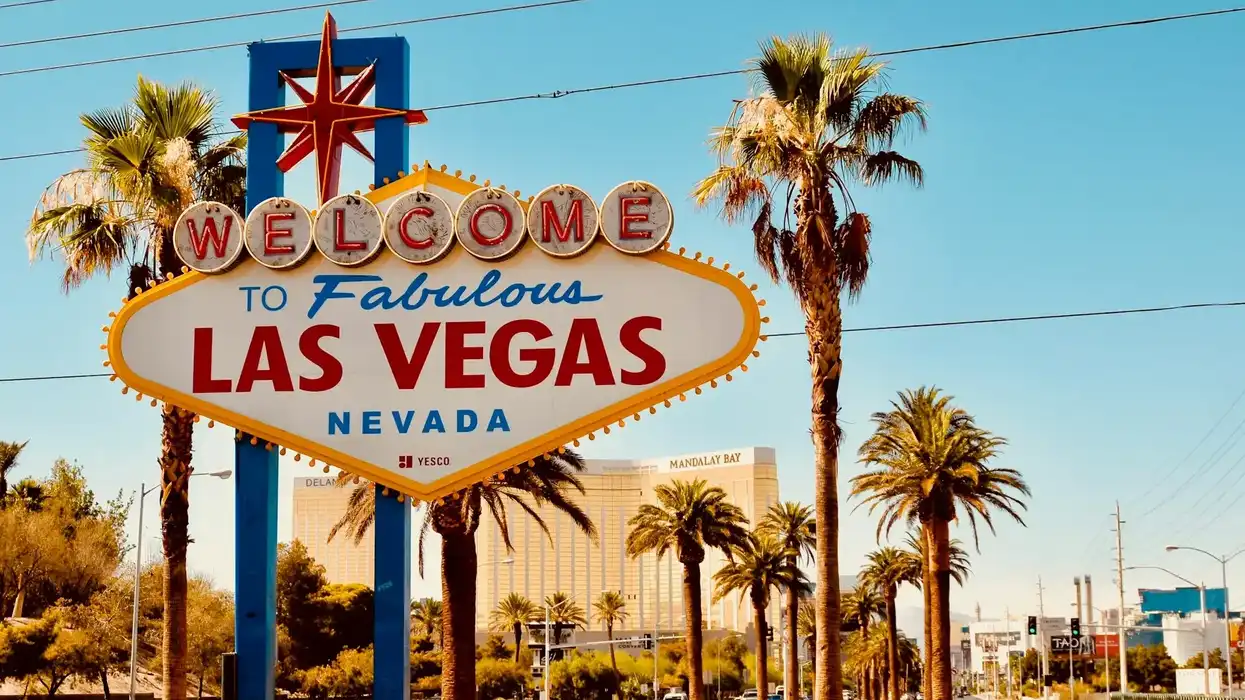LAS VEGAS, NEV. - Nevada’s largest registered voting bloc – unaffiliated voters – could soon gain access to the state’s taxpayer-funded primaries, if a new bill from Democratic Nevada House Speaker Steve Yeager becomes law.
The bill, AB597, was introduced Monday with one week left in the session. It gives registered unaffiliated voters the option to submit an online request for a party's primary ballot no later than 14 days ahead of a primary or during in-person voting.
Unaffiliated voters would be limited to the primary ballot of a single party and the state’s voter registration list would be updated to indicate which party’s ballot a voter selected. Registered party members would still have to vote in their respective party’s primary.
“It’s just time to make sure that nonpartisans and non-affiliated voters can vote in partisan elections,” Yeager said. “It’s something I’ve been thinking about for a while.”
His bill would grant equal access to the public elections process to voters that outnumber Republican and Democratic registration. As of April, roughly 35% of the state’s 2.13 million registered voters did not register with a political party.
Meanwhile, Republicans and Democrats each account for 29% of the registered voter population – and yet, only a marginal percentage of these voters decide the candidates that appear on the general election ballot each election cycle.
It is unclear what chance AB597 has at passage. A bill introduced this late in the legislative session by the highest official in the Nevada House could suggest a deal has been made. However, while Yaegar’s party holds significant majorities in the legislature, GOP opposition could still hinder the bill's chances.
Nevada Republican Party Chair Michael McDonald simply said “NOPE” in response to the bill. The state’s governor, Joe Lombardo, is a Republican.
A nonpartisan election system was on the November ballot in Nevada under Question 3. The initiative combined a nonpartisan top five primary open to all candidates and voters, regardless of party, with ranked choice voting in the general election.
While a majority of voters approved it in 2022, a slim majority rejected it in 2024. As the initiative would make changes to the state’s constitution, it required approval in two consecutive elections to become law.
Yeager’s proposal would not give voters such a wide breadth of options in primary elections. However, it would give independent voters access to a critical stage of the public elections process that they are currently denied.
Nevada House Speaker Says It's Time to Give the State's Largest Voting Bloc Access to Primaries was originally published by Independent Voter News and is shared with permission.
Shawn Griffiths Is An Election Reform Expert And National Editor Of IVN.us.




















Trump & Hegseth gave Mark Kelly a huge 2028 gift